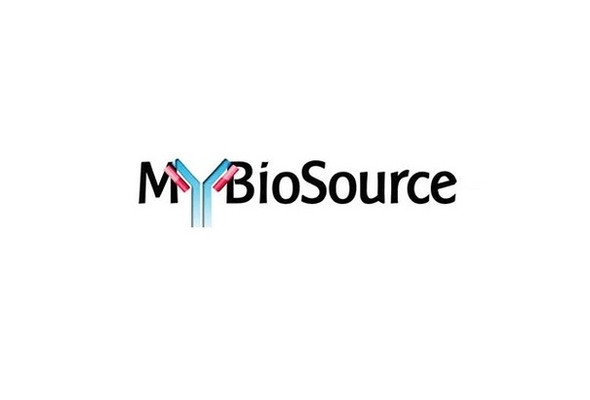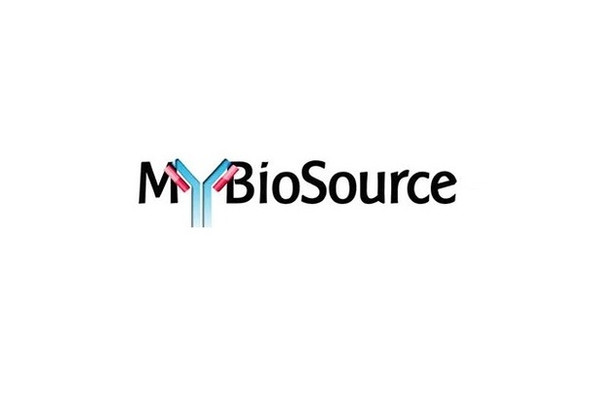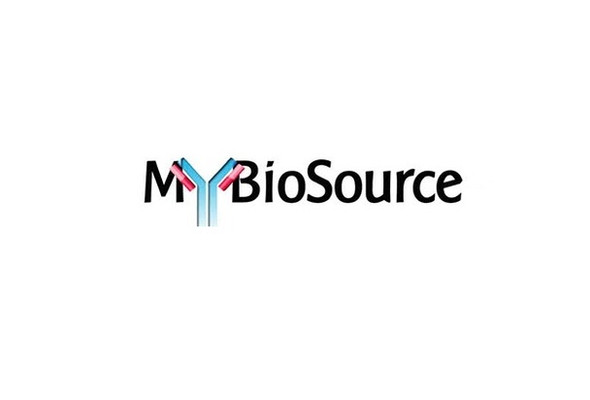MyBiosource Elisa Kits
MBS2020347 | Electron Transfer Flavoprotein Alpha Polypeptide (ETFa) ELISA Kit
- SKU:
- MBS2020347
- Availability:
- Usually Shipped in 5 Working Days
Description
Electron Transfer Flavoprotein Alpha Polypeptide (ETFa) ELISA Kit | MBS2020347 | MyBiosource
Product Short Name: [Electron Transfer Flavoprotein Alpha Polypeptide (ETFa)]
Product Name Synonyme: [EMA; GA2; MADD; Glutaric Aciduria II]
Other Names: [electron transfer flavoprotein subunit alpha, mitochondrial isoform a; Electron transfer flavoprotein subunit alpha, mitochondrial; electron transfer flavoprotein subunit alpha, mitochondrial; electron-transfer-flavoprotein, alpha polypeptide]
Product Gene Name: [ETFa]
Product Gene Name Synonyme: N/A
Other Gene Names: [ETFA; ETFA; EMA; GA2; MADD; Alpha-ETF]
Clonality: N/A
Isotype: N/A
Clone: N/A
Host: N/A
Reactivity: Human
Specificity: This assay has high sensitivity and excellent specificity for detection of Electron Transfer Flavoprotein Alpha Polypeptide (ETFa).
No significant cross-reactivity or interference between Electron Transfer Flavoprotein Alpha Polypeptide (ETFa) and analogues was observed.
Purity: N/A
Form: N/A
Concentration: N/A
Storage Stability: For unopened kit: All the reagents should be kept according to the labels on vials. The Standard, Detection Reagent A, Detection Reagent B and the 96-well strip plate should be stored at -20 degree C upon receipt while the others should be at 4 degree C.
For opened kit: When the kit is opened, the remaining reagents still need to be stored according to the above storage condition. Besides, please return the unused wells to the foil pouch containing the desiccant pack, and reseal along entire edge of zip-seal.
The stability of kit is determined by the loss rate of activity. The loss rate of this kit is less than 5% within the expiration date under appropriate storage condition.
To minimize extra influence on the performance, operation procedures and lab conditions, especially room temperature, air humidity, incubator temperature should be strictly controlled. It is also strongly suggested that the whole assay is performed by the same operator from the beginning to the end.
Tested Application: N/A






